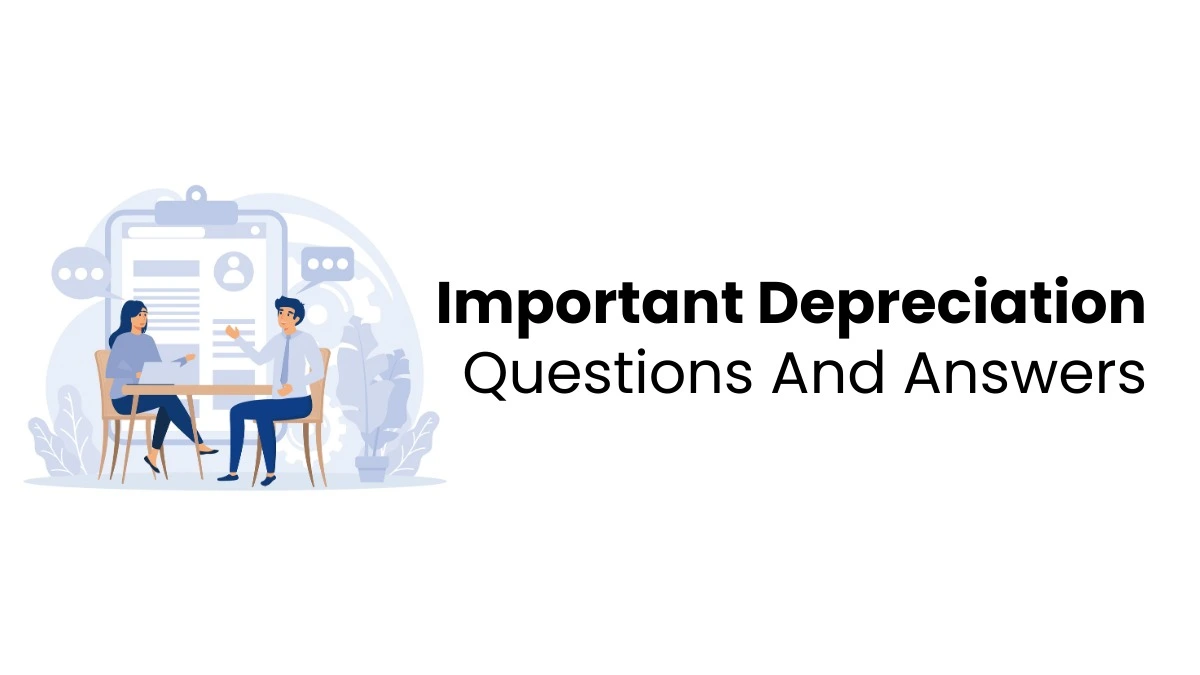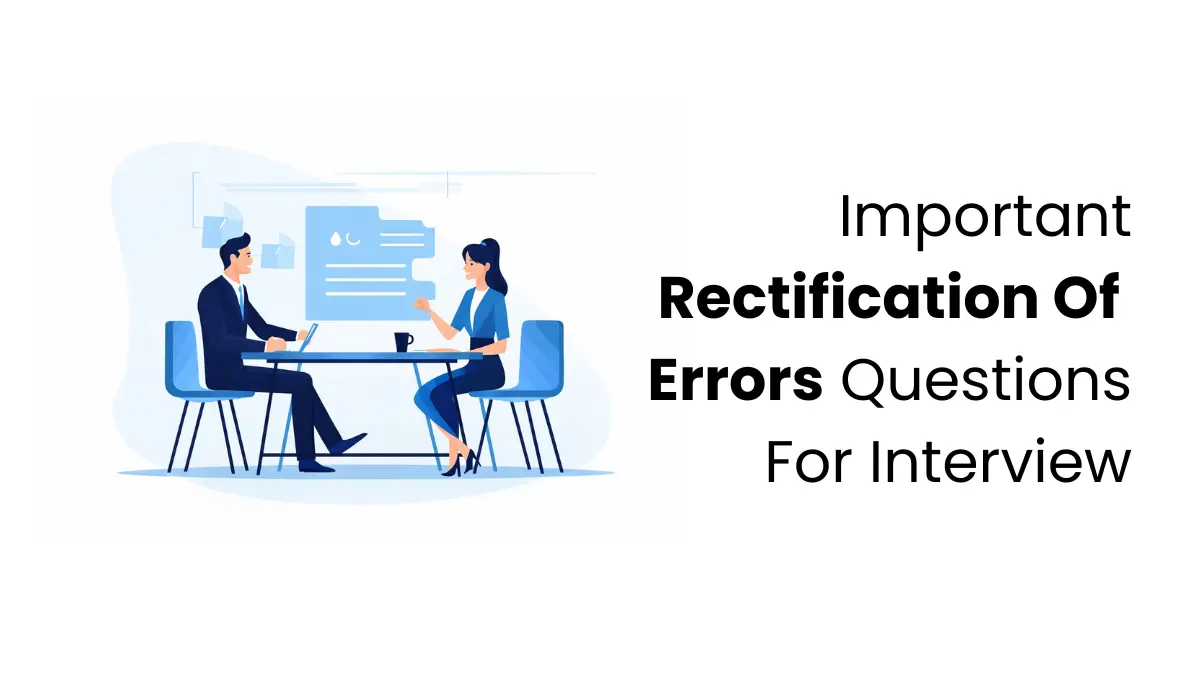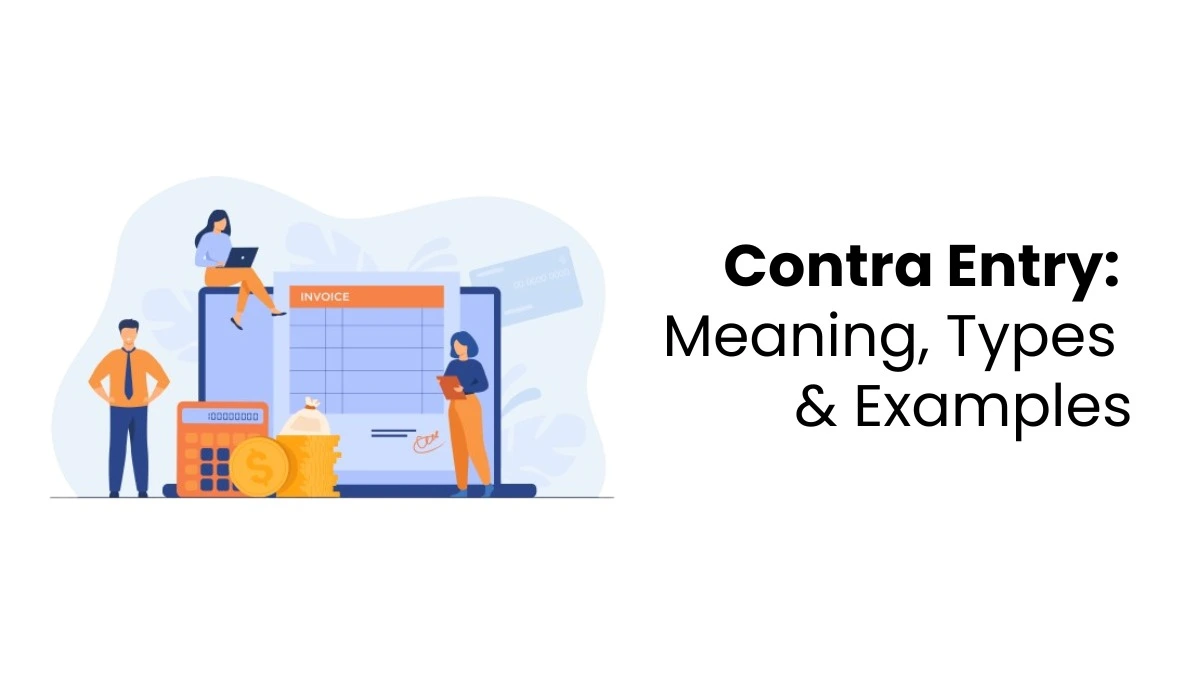Think about this: someone close by is looking for what you sell – coffee, a haircut, whatever. But instead of finding you, they see your competitor. Why is that? It’s often simply because your business didn’t appear in their online search results.
That’s where local SEO keyword research comes into play. It helps you find the words people near you actually use when they search online. When you put those words on your site or profile, search engines like Google are more likely to put your business at the top of the list.
In this guide, we’ll walk you through how to do local keyword research in 2025, step by step, using easy tools and some simple pointers.
What Do We Mean By SEO Keywords?
SEO keywords? Basically, keywords are those words and phrases you put in your website content to let Google know what you’re all about. You want your site to appear when people search for information related to what you do.
So, ensure your keywords are what people search for. For instance, if you bake cakes in Kochi, using the phrase “best cakes in Kochi” can help you stand out. The closer your keywords match what people search, the higher your site ranks. This means more people will visit your site and buy your products.
Keyword Trends to Watch This Year
- “Near me” & “open now” voice searches are growing.
- Search intent is more important than exact words.
- Local terms (such as areas and landmarks) receive more clicks.
- Questions like “how” or “where” improve visibility.
- AI suggestions are shaping keyword trends.
- Buying terms like “buy online” are on the rise.
- Eco-friendly keywords are gaining popularity.
Why Is Keyword Research Necessary?
Keyword research is very important because it tells you exactly what words people use when they’re trying to find things like what you’re selling. Some people might think they can skip it, but trust me, that’s a mistake. It can significantly impact your SEO. If you understand what people are typing into search engines, include those words on your website. Google will then bump your site up higher in the search results. This means more people will notice your business, explore it, and make a purchase. Using the right keywords can significantly increase the number of visitors to your site, attract quality potential customers, and drive more sales.
- Fixes up your page titles, meta tags, and image alt text.
- Aids in targeting folks in certain spots for local SEO.
- Renews past-due items with what’s currently in demand.
- It’s simpler to keep track of how well your SEO is performing.
What Is Local SEO Keyword Research?
Local keyword research? It’s all about finding out the exact words people in your area use when looking for businesses like yours. This way, you pop up at just the right time. Someone searches for an emergency electrician in Chennai or the best salon in Indiranagar?
It changes up your website content, how you set up your pages, and even your business’s appearance in ads and on social media. Ensuring local people find you the moment they need what you’re selling.
India’s Local Search Habits: What to Know
- People are now searching for very specific things, like “veg lunch under ₹100 near me.”
- Service-related searches, such as “AC cleaning today,” are growing rapidly.
- Many users look for same-day or instant results, like “available now” or “open today.”
- Searches for delivery and pickup options are more common than before.
- People even search based on family needs, like “kids haircut near me” or “family restaurants nearby.”
How Is Local Keyword Research Different From Traditional Seo?
Traditional keyword research identifies terms that many people search for, regardless of their location.
Local keyword research focuses on what people near you are searching for, often including location or timing.
Examples
Here’s how two types of searches show different intent:
- General Search:
“Best laptops for students” → They’re just researching.
- Local Search:
“Best laptop store in Pune” → They’re ready to buy nearby.
Why Does Local Intent Matter?
People searching locally often want fast help:
- “How to paint a room” → Wants to DIY.
- “Home painters available today in Jaipur” → Wants to hire right away.
That second kind of search is more likely to result in a genuine sale.
How Does Google Know You’re Looking for Something Nearby?
Even if you don’t say the city, Google can figure it out using:
- Your GPS or location settings
- Saved places in Google Maps
- Your past search activity
Your IP address (internet location)
So even if you search for “quiet cafés with Wi-Fi” or “urgent courier service,” Google shows you places close to where you are!
How Do You Build A Keyword List?
- Start by thinking of basic words (seed keywords) related to your business.
- Use your ideas, customer questions, and location names, such as famous landmarks.
- Check tools like Google or SEO websites for additional keyword suggestions.
- Make a list of all your keyword ideas in one place — like a notebook, Word file, or Excel sheet.
- Keep the list organized, so you or your team can use it later to plan content or improve SEO.
Which Tools Help With Local SEO Keyword Research?
Finding the exact search terms people use is now much simpler, thanks to the innovative tools from Google and others. These tools provide ideas, indicate how frequently people search for specific terms, and help you select the most relevant words for your niche. Good and standard options include Google Autocomplete, Keyword Planner, Google Trends, and Google Maps Insights for businesses. There are also some highly advanced AI platforms, such as Semrush, Surfer SEO, Ahrefs, Ubersuggest, and AlsoAsked. Even simple tools like Keywords Everywhere and Soovle can help you get started.
What These Tools Help You Do:
- Discover location-based phrases people search for.
- See how popular or competitive a keyword is.
- Spot trends and rising terms that can boost your visibility.
- Track changes in keyword performance over time.
- Find question-based queries to make your content more helpful.

How Do You Analyse Competitor Keywords?
Sometimes your business doesn’t appear at the top of search results, but your competitors do. Studying their strategy can help you improve, just like analysing competitors before enrolling in a digital marketing course in Calicut to ensure you choose the best.
You can learn a lot by looking at:
- The words they use on their website
- What shows up when you search for your product or service (use incognito mode)
- The top 10 results for your target search
- Their Google reviews and how people talk about them
- The keywords they already rank for
Use a keyword research tool or a competitor checker to determine this. It helps you create a more effective plan to rank higher and attract more visitors.
Why Use Long-Tail And Voice-Friendly Keywords?
Think of long-tail keywords as those longer, super-specific search terms people use when they’re talking to their phones or typing out a detailed question.
These keywords can be way easier to rank for. You’ll snag people who know exactly what they’re looking for. Adding these to your plan means your site appears when people search, as if they’re chatting with a friend.
When brainstorming keywords, keep the ones that are clear, actually helpful, and sound like how people talk or search.
Tips to Use Long-Tail, Voice-Friendly Keywords:
- Use phrases like “Where can I buy fresh vegetables in Calicut?” instead of just “vegetables.”
- Choose keywords that match how people speak during voice searches.
- Filter out general or overly broad keywords that are too hard to rank.
- Include location-based phrases to capture local traffic.
- Try tools like People Also Ask, Google’s voice search, or AnswerThePublic for ideas.
How Do You Match Keywords To Search Intent?
So, when people look things up online, they’re usually after something specific. Similar to buying something, scouting out a spot, or gathering information on a topic. That something specific is what we call search intent. Now, if your content doesn’t line up with what they’re looking for, Google will not index your page. That’s why understanding how to do local SEO keyword research is so important — it helps you sort your keywords based on what people are trying to find.. Take buying smartphones in Calicut, for example – that person’s ready to shop. However, the best places for digital marketing courses in Calicut often mean they’re just hunting for information. So, ensure that the keywords you choose align with what your business is about and what you’re selling.
Easy Tips for Using Keyword Intent:
- Use transactional keywords for buying actions, like “order birthday cake online.”
- Add navigational keywords for places or directions, like “how to get to Lulu Mall.”
- Include informational keywords for educational content, like “how SEO works.”
- Avoid keywords that don’t match your services or products.
- Pick keywords that help both your audience and your business goals.
How Do You Prioritise Keywords?
Keywords aren’t all created equal. Some get searched a ton but are super competitive. Others might be easier to rank for, but nobody’s looking for them. The trick is to find that balance.. Go for keywords that people search for, but aren’t impossible to rank. Throwing in some local content and mixing short and long phrases can also help you nail the right crowd.
Key Tips:
- Choose keywords with medium search volume and low competition.
- Use location-based terms like city names or landmarks to be more specific.
- Avoid high-competition keywords if your website is new or less authoritative.
- Combine both short and long keyword types for better reach.
- Check keyword volume and difficulty using SEO tools before finalising.
How Do Trends And Seasons Affect Keywords?
Search terms people use often change depending on the time of year or local events. To get the most out of your SEO, your keywords should follow these changes. This helps you stay visible when people are actively searching for what you offer during special times.That’s why learning how to do local SEO keyword research is key—it allows you to adapt your keyword strategy based on seasons, holidays, and trending topics in your area.
Things to Focus On:
- People search for different things in summer, winter, and during holidays.
- For example, in summer, they might look for “cool places to hang out nearby.”
- During sales events like Black Friday, search terms such as “top deals near me” surge rapidly.
- Festival seasons drive searches like “sweet shops open today” or “gift stores nearby.”
- Stay alert to local events like fairs, exhibitions, or sports matches—they change search needs.
- Use keyword tools to track what’s trending each month.
- Plan your content or ads based on what’s getting searched during that time.
- Changing your keywords based on the seasons helps keep your business easy to find.
How Do You Finalise And Track Keyword Performance?
Once you’ve gathered your keyword ideas and checked how hard or easy it is to rank for them, the next step is to make a final list and watch how they perform in real searches.
- Use heatmap tools to check how your web page performs in different areas.
- Identify keywords where your web page appears frequently.
- See if your rankings improve or decline when you make changes.
- Pick keywords that fit both what people search for and what your biz sells.
- Once you’ve got those keywords, create valuable content with them and see what happens.
Conclusion
Local keyword research isn’t just about adding “near me” to your content anymore. In 2025, it’s about understanding search intent, keeping up with trends, using smart tools, and targeting the right people at the right time. When done right, it can boost your visibility, attract nearby customers, and grow your business organically. If you’re serious about mastering these skills, learning from the best digital marketing training institute in Calicut can give you the right foundation and tools to succeed in the evolving digital landscape. You can choose Finprov, one of the most trusted digital marketing institutes in Calicut, to build these skills with the right guidance and practical learning.
FAQs
1. What’s the goal of local search research?
To help your business show up when nearby people look for services or products like yours online.
2. Why do some businesses appear higher in local search results?
Because they’ve optimised their website and content based on how people in their area search.
3. Do location-based terms make a difference in search visibility?
Yes, including specific areas or neighbourhoods helps search engines connect your business with local users.
4. Can I do this research myself, or do I need a specialist?
You can start on your own with free tools, but a digital marketing expert can accelerate the process and enhance results.
5. How often should I update my search strategy?
It’s smart to review it regularly, especially during seasonal changes or when local trends shift.










